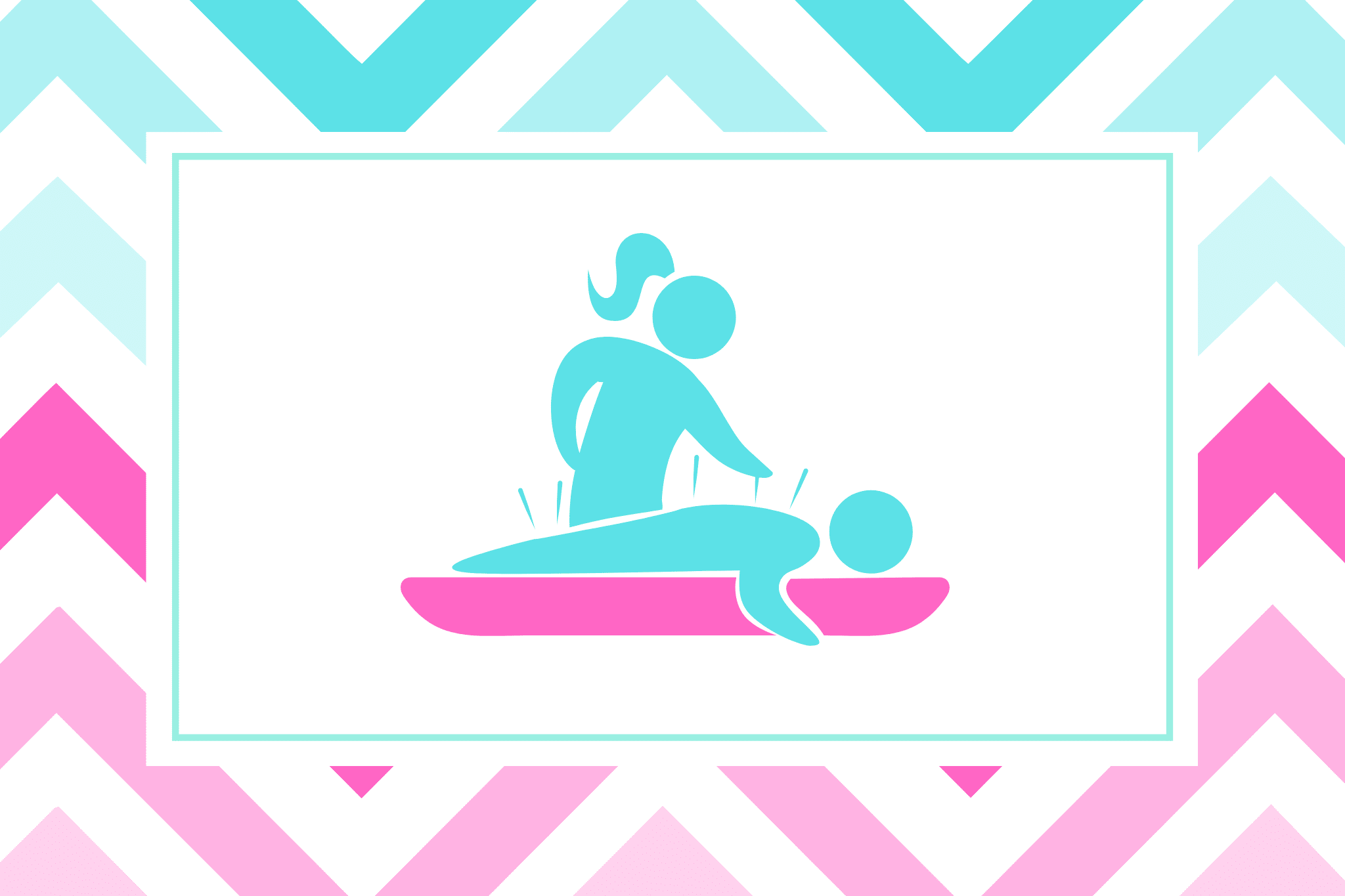Uncategorized
Which Acupuncture Needle Handle Do You Need?

Kitiara Pascoe
15/ 11/ 2019 – 3 min read
Which Acupuncture Needle Handle Do You Need?
A practice with a 2000-year history, acupuncture has become a mainstay in our healthcare and wellbeing industries. Prescribed by the NHS for certain conditions, acupuncture is one of the most popular complementary therapies in the UK.
Practised by physiotherapists and other healthcare providers, the demand for acupuncture has grown. This is in part thanks to an increasing amount of studies verifying its benefits for a range of conditions.
If you offer acupuncture services or are thinking about bringing it into your practice, it’s not finding clients that might be a sticking point. A question lots of acupuncture practitioners come to us with is far simpler;
What on earth is the difference between acupuncture needle handles?
We get you, it’s not always obvious! Let’s take a look at the differences between acupuncture needle handles and which ones you’ll need.
Why Does Handle Material Matter?
Choosing the right handle for your acupuncture practice is important for several reasons. Firstly, not every handle is compatible with every type of acupuncture. Secondly, some handle materials are not as strong as others, causing damage to the needle and your business account.
Additionally, handle type can come down to preference and feel. Some handles types allow the practitioner to better gauge the intensity and response.
Copper Handles
Copper-handled acupuncture needles have been by far the most popular for generations. Flexible and easy to manufacture, it wasn’t until plastic moulded technology improved that plastic overtook copper as the material of choice for many practitioners.
Copper handles are still popular with those who practise traditional Chinese acupuncture, especially those who use moxa or electro-acupuncture. As copper is highly conductive, it allows the electrical current to pass through.
With copper-handled needles with a top loop, moxa can be placed securely on top and burnt without risk of damaging the skin. The gentle heat instead passes through the needle to the acupoint.
Experienced acupuncturists may prefer copper-handled needles thanks to their flexibility and feedback. The ease of manipulation allows knowledgeable acupuncturists to feel the intensity of needling and be more sensitive to the tissue’s response.
A go-to handle material for traditional acupuncturists, copper handles are a popular choice. They do have downsides though. Copper’s flexibility is both a benefit and an issue as it’s prone to buckling under too much pressure. Given that copper-handled needles will buckle at 30%-40% less pressure than plastic-handled needles, you can see why many acupuncturists would rather opt for modern plastic.
When choosing acupuncture needles for treatments involving heat or shallow-placed needles, copper is an ideal handle material. For long needles (which buckle more easily), plastic handles could be preferential.
Plastic Handles
Thanks to improved technology, it’s very easy to manufacture acupuncture needles with moulded plastic handles.
Plastic handles can be considerably easier to place properly, especially for practitioners at the beginning of their acupuncture careers. The handles are far more rigid than wire handles and, as we’ve seen, are far less prone to buckling.
Another benefit of plastic handles is their weight. Lighter weight than metal handles, they’re less likely to fall out of place and hamper the treatment. They also tend to be easy for the practitioner to hold and our plastic-handled needles are colour-coded too. Easy to see and identify, colour-coded plastic is a small feature that has surprisingly positive effects on the efficiency of acupuncturists’ clinics.
While you can use plastic-handled needles for electro-acupuncture by attaching the connectors to the needle shaft instead of the handle, we don’t recommend it. On the shaft, connectors may not stay in place and should only be used with the appropriate wire-handled needles.
Stainless Steel Handles
Much like copper handles, stainless steel handles can be used for electro-acupuncture and moxibustion. The difference between the two comes mostly down to rigidity.
Stainless steel is far less flexible than copper, which can make it easier to place in the skin and less likely to buckle. While some practitioners may find stainless steel handles to be less sensitive for feeling the needle depth, they do offer an alternative to the flexibility of copper.
For environmentally focused practitioners who want a metal handle, stainless steel is also more environmentally friendly. The process of both plating and disposing of copper does carry toxic implications for the environment and both plastic and steel handles are less destructive.
Silver-Plated Handles
Popular with practitioners of Traditional Chinese Medicine, silver-plated handles are used to manipulate specific energies in acupuncture treatments. The benefits of using silver-plated handles lie within the traditional Chinese school of acupuncture and tend not to be used by those following a more Western acupuncture practice.
Which Acupuncture Handles Should You be Using?
Now you can see the differences between these handle types, it should be simple to choose the right one for your treatment style.
Plastic handles have become the most popular handle choice in Western acupuncture thanks to their lightweight and rigid properties. Easy to use and less prone to buckling, they’ve become a mainstay in physio and acupuncture clinics around the world.
Copper and silver-plated handles are preference-based options, popular with experienced practitioners of Traditional Chinese Medicine and those using moxibustion or electro-acupuncture.
Stainless steel is a good choice for Western acupuncture practitioners who want to use electro-acupuncture with more rigid handles.
Acupuncture needles are very affordable, giving you the option to try different needles until you find the type that suits you. Many practitioners simply prefer the feel of some materials or require different needles for different patients.
If you’d like to know more or want to order acupuncture needles, get in touch with us for a chat.


